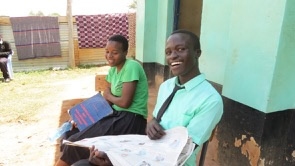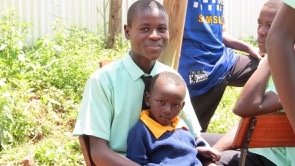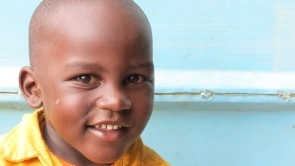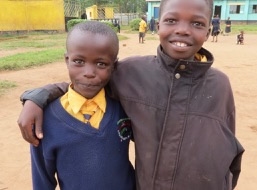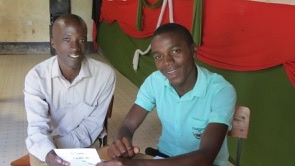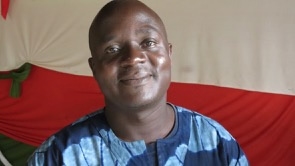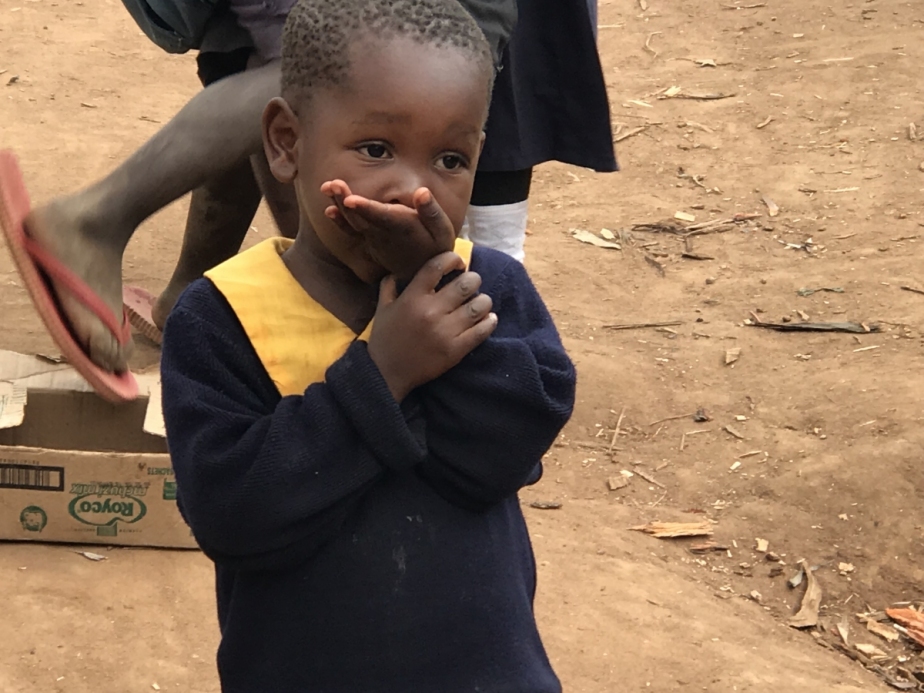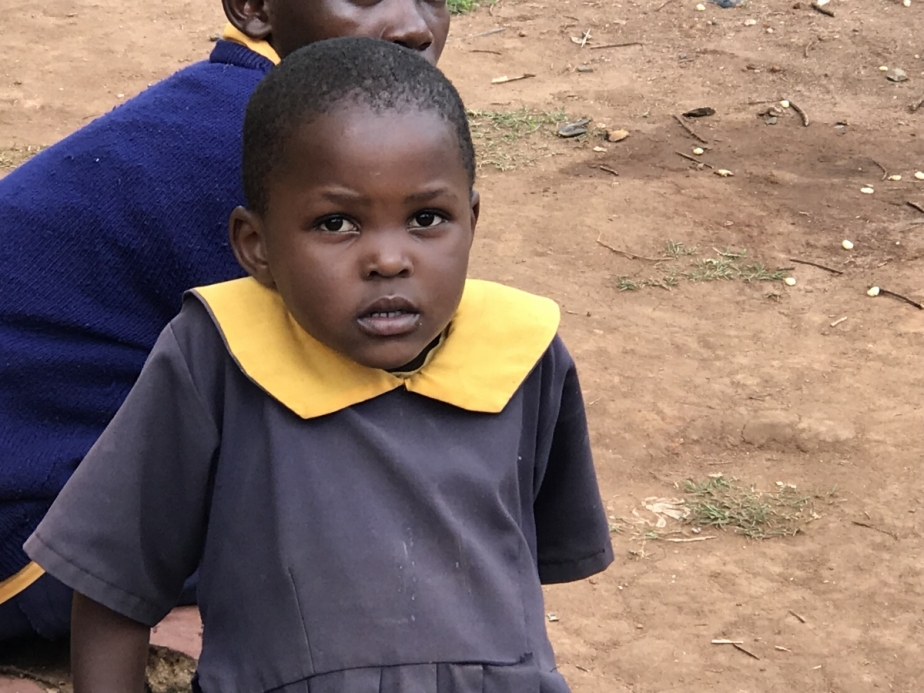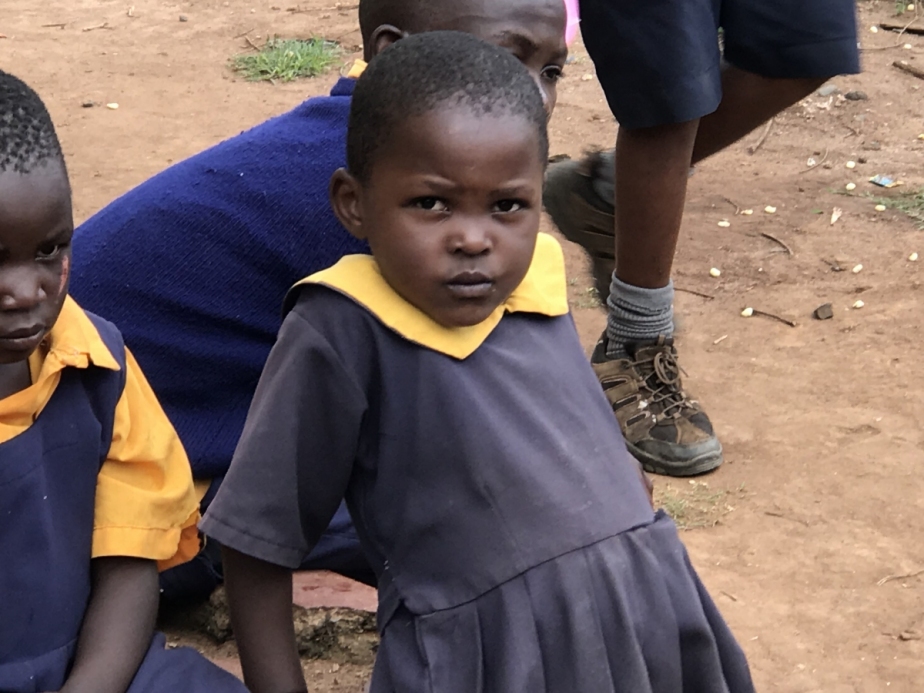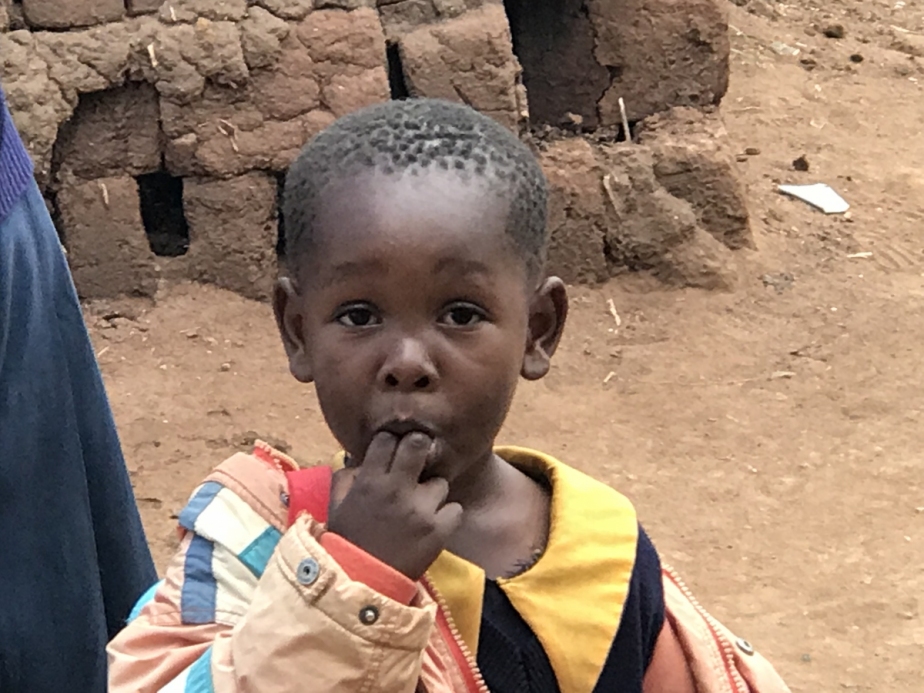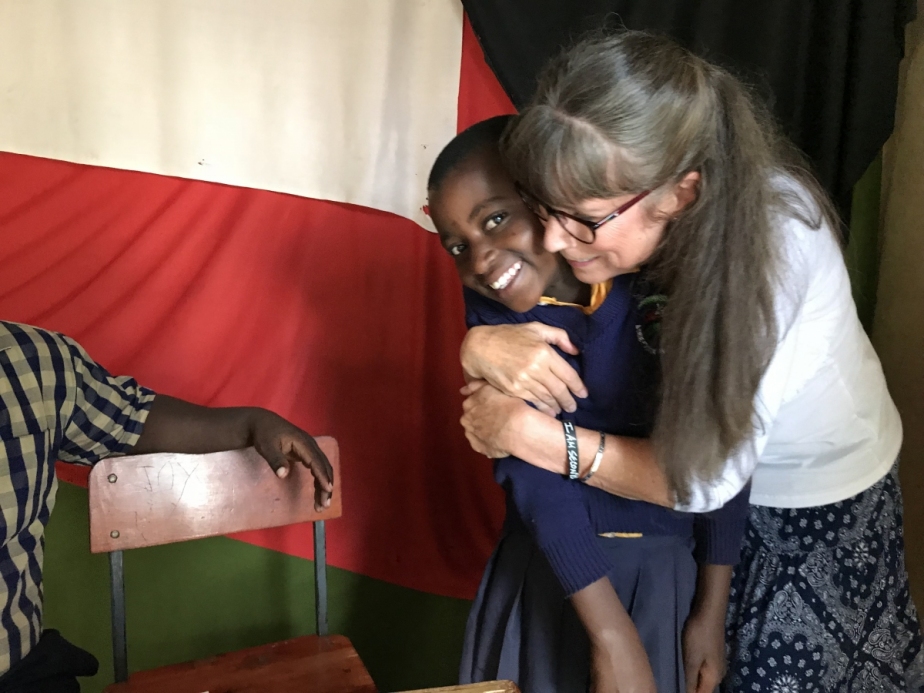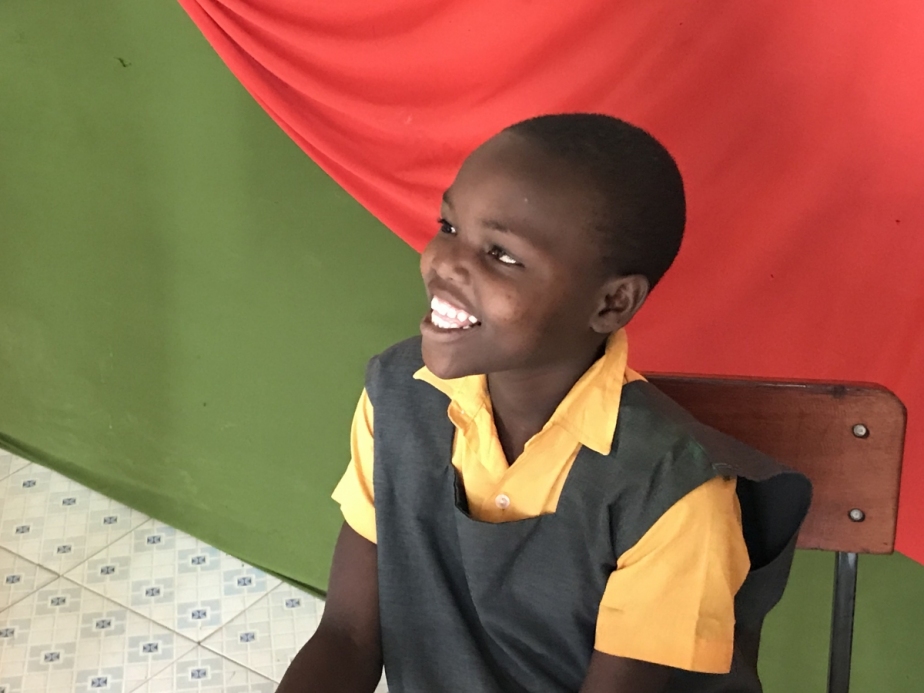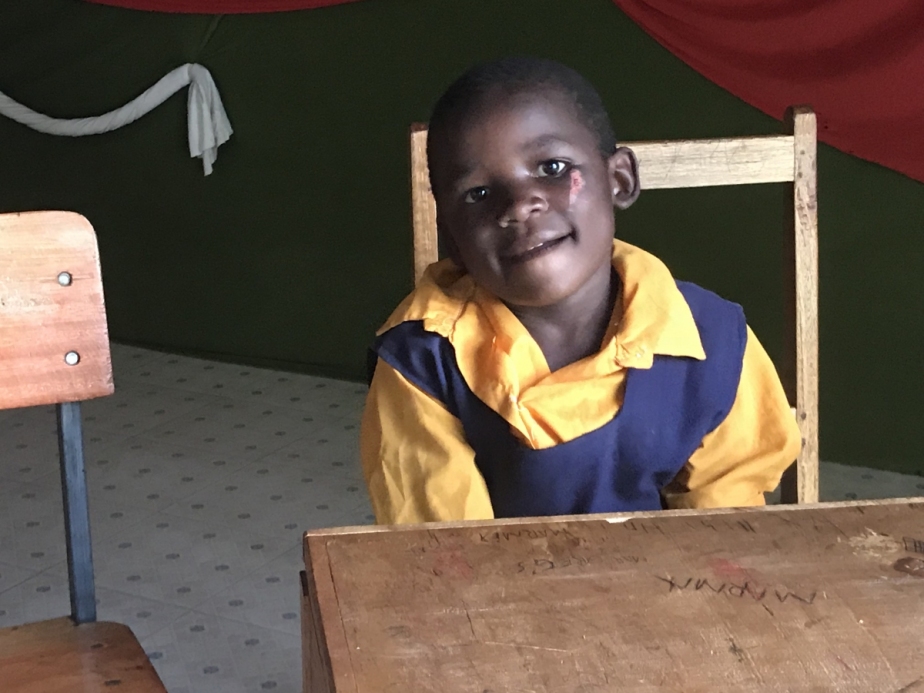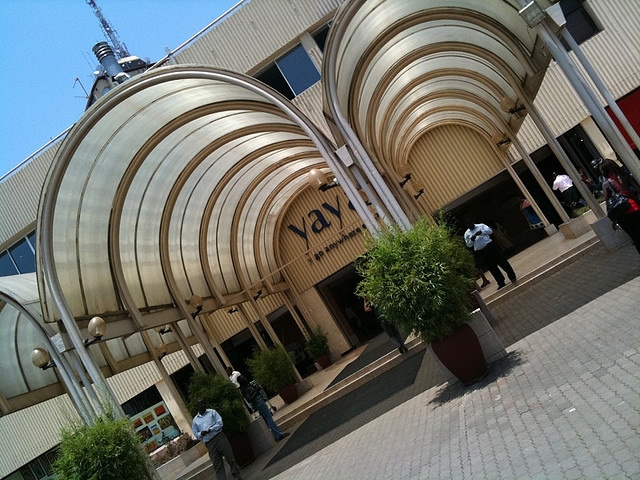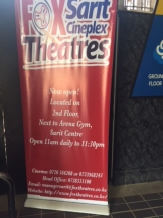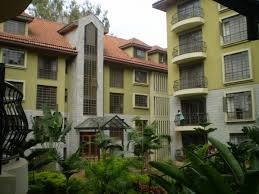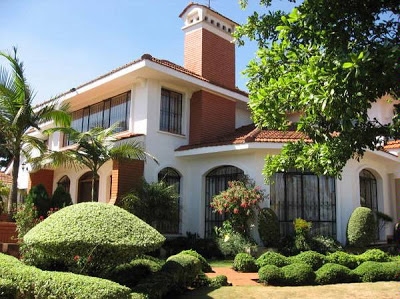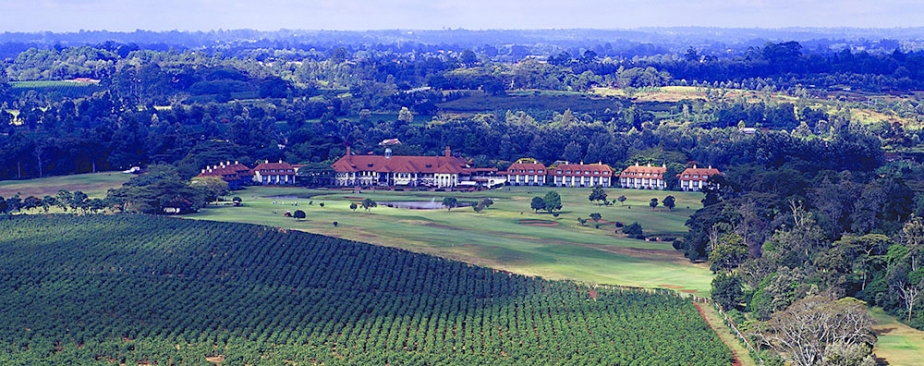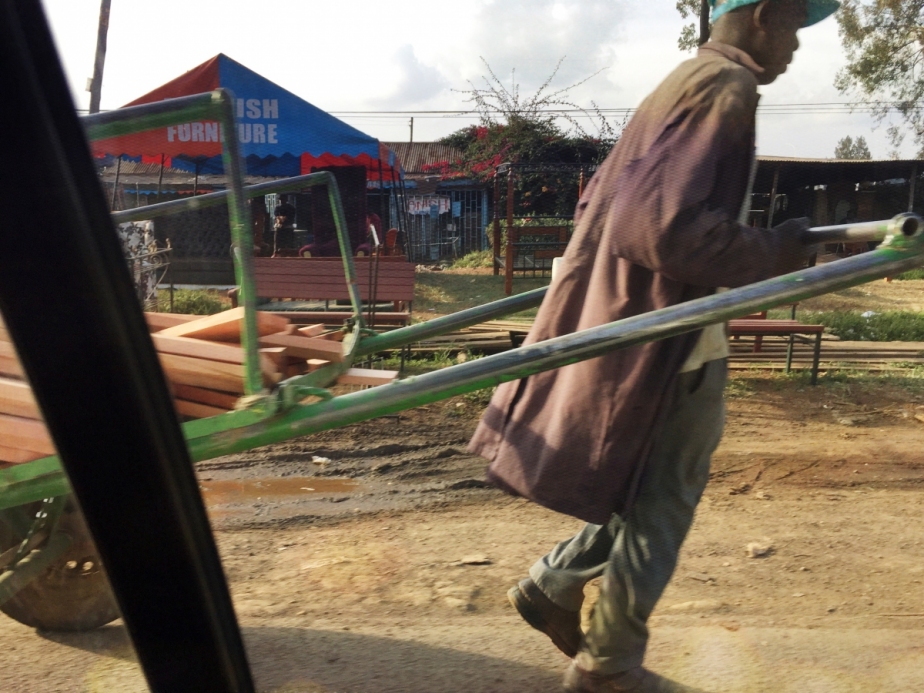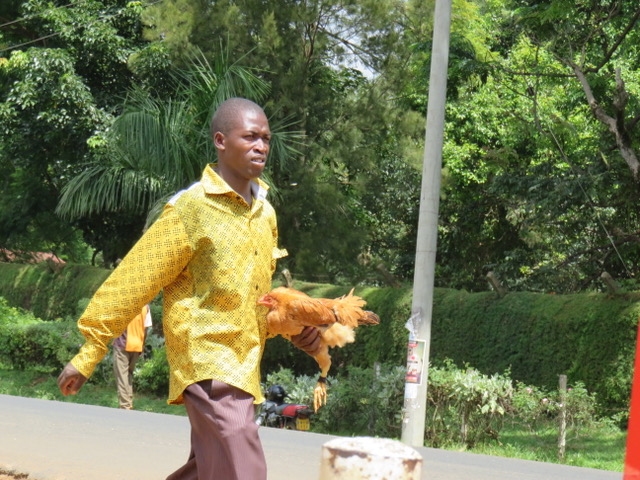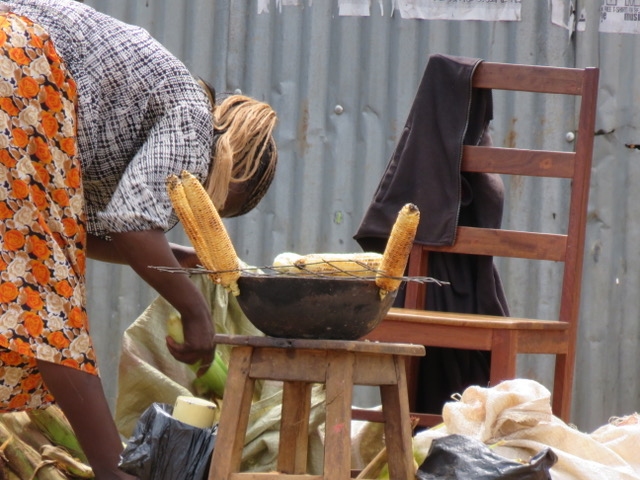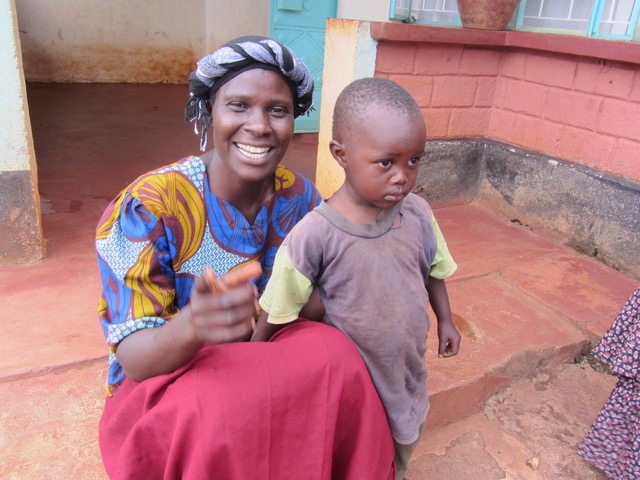— That’s Why We are Called Liberty School
 Brooks
Brooks
The children who come to Liberty School need more than an education. These are children who have been traumatized in so many ways. When I ask the Principal to tell me about a certain child, he will typically start with, “Now this is a child whose basic needs are not met at home.” I ask him what he means by this and he will answer, “There is little food; there is no clean water; they have very few clothes; there are many children in one space sleeping on the ground with no blanket; they are not able to go school. Life has been very tough.” I’ve seen and know what he’s talking about…and also the parts he’s leaving out, like:
Lack of medicine for malaria or childhood vaccines or firewood to keep warm or dry during the long and cold rainy season. He doesn’t speak about the molestations taking place by the neighbor or the “uncle” because the children are often left alone while the single mother goes in search of work for the day. No one mentions the depression most live with because of the harsh reality that life will not get any better without God intervening in some miraculous way.
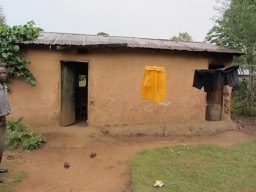
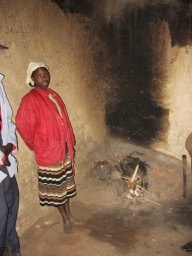
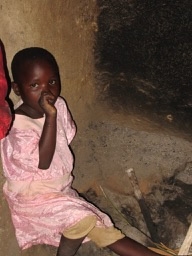
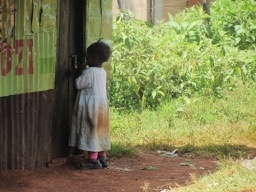
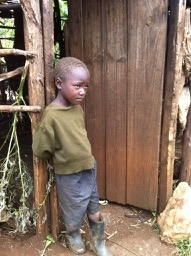
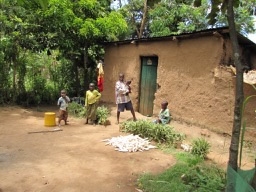
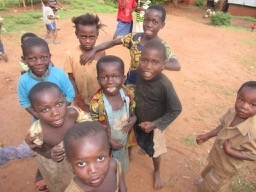
To lose one parent while at a young age is traumatic enough, but most of these kids have lost both. And, if that’s not bad enough, they then are left completely alone (or sometimes the eldest in charge of younger siblings) to walk, maybe even long distances, in search of a relative to beg them to take them in. There they will be treated as a servant, often beaten and in the pecking order, the last, often receiving the smallest amount of food, clothes, and space. These kids physically survive somehow in these types of situations, but…
Often they are depressed, lack hope, and are overwhelmingly discouraged. Many want to commit suicide. I am told they are “shut down.” Socially they fear to interact with others. If they speak at all, it’s in very hushed tones, never looking someone in the face. They trust no one. To feel safe, loved and worthy of anything has not been their experience.
However and whenever they first come to Liberty School, the Director and the teachers are there to help them adapt to their new environment. These are the ones who sacrifice paychecks and any kind of a good life for themselves to see these types of children feel a sense of belonging to Someone, somewhere. Why? Well, for the two who have been there since the beginning eight years ago, John and Moses, they tell me, “Look at the ones who have been helped. They have moved on and are doing well. One day they will be the ones to help others. For the ones who are here, at least now they are eating, being educated, and have somewhere to belong. We are here to liberate these children. That is why the name of our school is Liberty School.”
Roger and I have known some of these kids for 8 years now. We’ve seen many who have been helped move onto higher education. The ones here now that we know personally are not the same as when they arrived. Take for example, Lillian or Sammy or Joshua. These kids did not smile when we first met them. They would not talk; they were full of fear. Just look at them today. These are children who laugh and talk freely, full of hope, dreaming big dreams for their futures. Many of you make this possible. Thank you, thank you from us and from the people at Liberty School.
